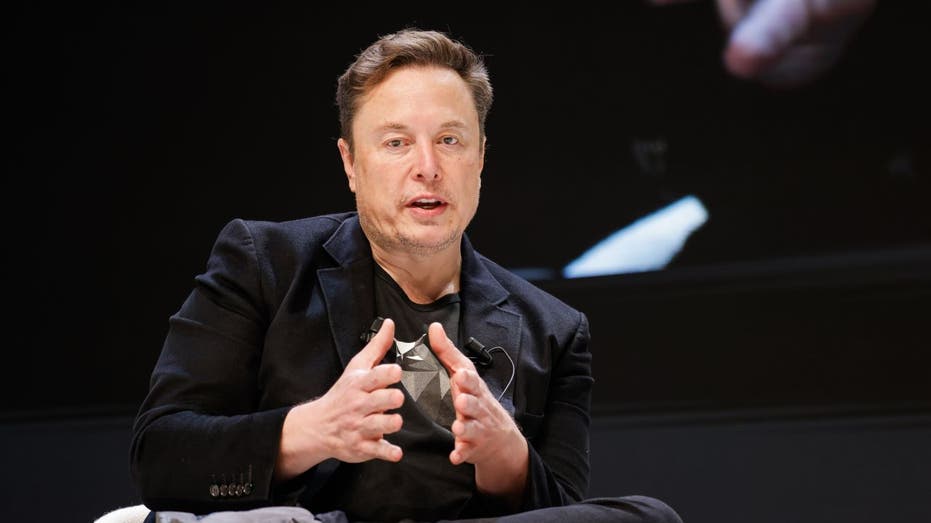From Decentraland to Openloot: How Ari Meilich is making his mark in crypto

Since its inception, many builders have emerged in the crypto space. As it expands, so does the innovation around it. Today we met up with Decentraland co-founder Ari Meilich to talk about his start in cryptocurrency and the interesting projects he continues to build.
Q: Can you tell us a little bit about yourself and how you got started with cryptocurrencies?
Ali Meyrich: I started learning about crypto around 2013, but didn’t use it until 2015 when crypto-based e-commerce had its moment. Then in 2016 he met a group of friends who are blockchain engineers and started learning more and more. I love VR so I joined this group of friends to build his Decentraland, the first decentralized ‘metaverse’.
Q: You are the co-founder of Decentraland, one of the most popular metaverses in the crypto space. How did this happen?
Ali Meyrich: Decentraland was a weekend project for a group of friends. It remained a hobby for about two years until we turned it into a venture.
Q: Your latest venture is called Big Time, and it spawned Open Loot, which is basically the starting point for blockchain games. Can you tell me how it started?
Ali Meyrich: When we launched Big Time Studios in early 2020, we recognized the friction between players and web3 games and sought to fix it. We started by hiring a team of gaming veterans and built a platform tailored for our first game, Big Time. We understood that players should be able to participate in the game economy without much hassle (wallet management, self-management, signing transactions, etc.). The goal of building a platform was always on the horizon. However, we wanted a game with a game as a showcase to inspire both players and developers. After making over $100 million in sales from 100,000 unique buyers using Open Loot technology, he is confident Open Loot is ready to launch as a product for outside studios. .
Question: Will there be any overlap between Open Loot and Decentraland?
Ali Meyrich: No. Decentraland and Open Loot are built in very different ways. Decentraland relies on a decentralized network of nodes to provide virtual world content, but communication between users is done through his p2p method. The DCL Marketplace exists purely on-chain. The open loot and partner games we support rely on traditional game server infrastructure to improve performance at scale. Similarly, open root marketplaces are aimed at end users who have never heard of cryptocurrencies and allow credit card payments and bank deposits.
That said, we may announce a collaboration soon.
Related Read: Ethereum TVL Drops Over $1 Billion After Merger
Q: As the founder of Open Loot, what do you see as the biggest challenge for blockchain gaming?
Ali Meyrich: One of the biggest challenges for blockchain gaming is introducing the traditional web2 demographic into the idea of a player-owned economy. Unfortunately, many players were exposed to scams and low-quality titles early on, leaving a bad taste in their mouths. Many blockchain games are just financial applications with graphics layered on top of them. , resulting in a boring experience for most players.
The challenge is to create something that seamlessly integrates aspects of web3 while maintaining an exciting gameplay experience.
Q: Are there any recent ventures you’ve been working on?
Ali Meyrich: Open Loot recently signed three game partners: Hit Factor (HF), Motor Meta (M2), and Gacha Monsters.
HF is a game developer founded by industry veterans working on a tank-based brawling game called War Park. It features realistic and tactical vehicular combat that requires skill, teamwork and quick thinking to win.
Our second partner, M2, is a gaming platform for vehicle-based games. They are working on his game Blitz-GT. This is a fast-paced arcade his racer where his two teams of four play against each other. The game is like an electrified “Mario Kart Meets Overwatch” battle.
Our third partner is GC Turbo’s Gacha Monsters. GC Turbo is a veteran studio based in SF and Beijing. Most recently, we have developed Pokemon Medallion and other titles for Facebook, Line and GREE.
Q: Where do you see the metaverse and blockchain gaming going in the next five years?
Ali Meyrich: Over the next five years, I believe that the complex aspects of blockchain will move to the backend, allowing players to experience web3 games like traditional games. But of course, this requires more quality game developers to get into the field and release fun games that help players overcome their prejudices.
From Decentraland to Openloot: How Ari Meilich is making his mark in crypto
Source link From Decentraland to Openloot: How Ari Meilich is making his mark in crypto


